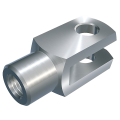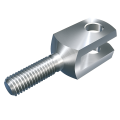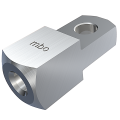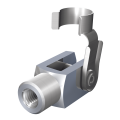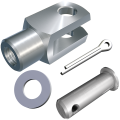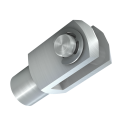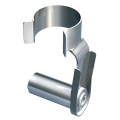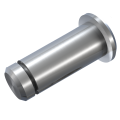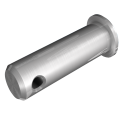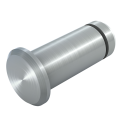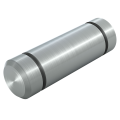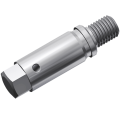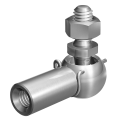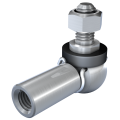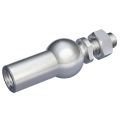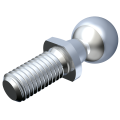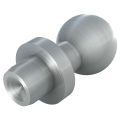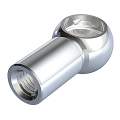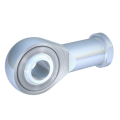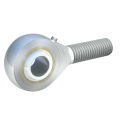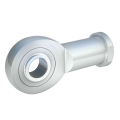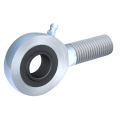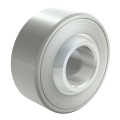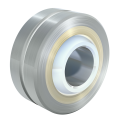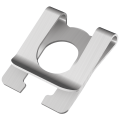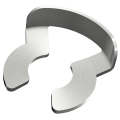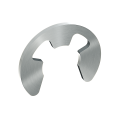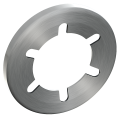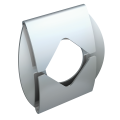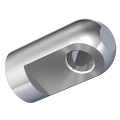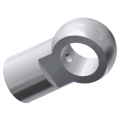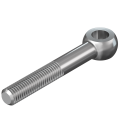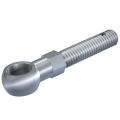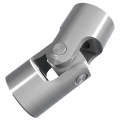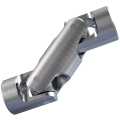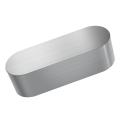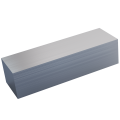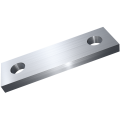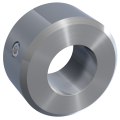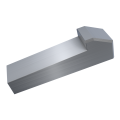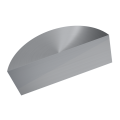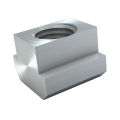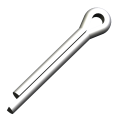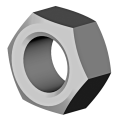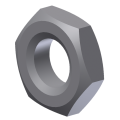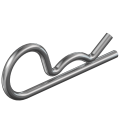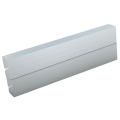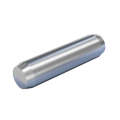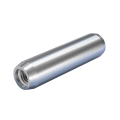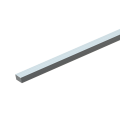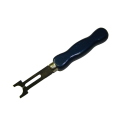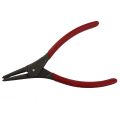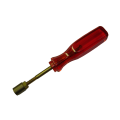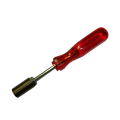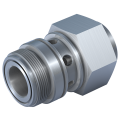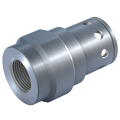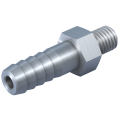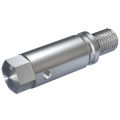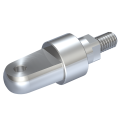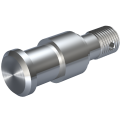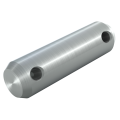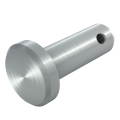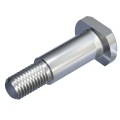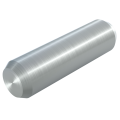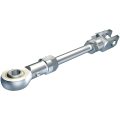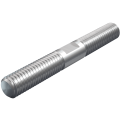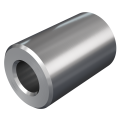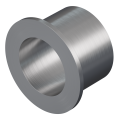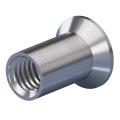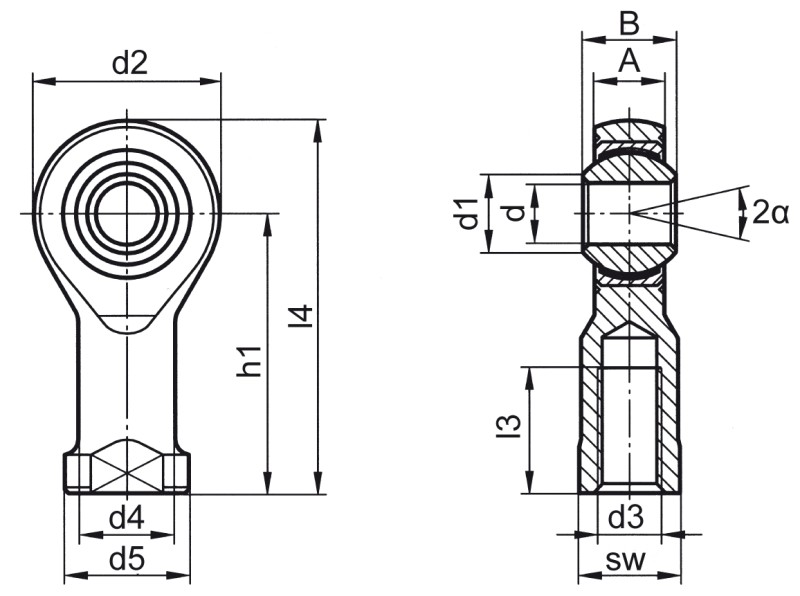Rod ends DIN ISO 12240-4 (DIN 648) K series maintenance-free version female thread
suitable for dynamic loadsFast-track this part (max. 400 units) through our production facility. Shorten the delivery time by 1-2 working days. We are currently exclusively testing this delivery service for Germany.
incl. VAT
plus shipping costs
To cancel your filter settings again, click on the "Clear" button below the table.
You can display product details, including the eShop function and 3D model , by clicking in the row corresponding to the required article.
Rod end K series maintenance-free version female thread
Rod ends are used when static or dynamic forces must be transmitted during tilting, turning or swivelling movements. These machine elements, usually manufactured according to DIN ISO 12240-4 / DIN 648, are particularly suitable for applications with low sliding speeds.
Both the K series and the slimmer E series are available with female thread or male thread. These rod ends are available in maintenance-free or regreasable (maintenance required) versions.
The structure of a rod end is divided into three components – the internal ring, the bearing shell and the housing – all perfectly matched to one other. Thanks to a cleverly selected material mix of the three individual components, the linking elements can be used for higher speeds and tensile, compressive, axial, high pressure and high dynamic loads – and they are available in both steel and stainless-steel versions.
In the maintenance-free versions, high-performance slip films (e.g. made of PTFE) bonded to the inside of the bearing shell act as a sliding surface, ensuring continuous and efficient use of the rod end.
Thanks to their wide variety of versions and broad range of properties, the standardised rod ends can be found in almost all industrial applications.
Modular system enables low-cost components and short replacement times
Even when the desired part has been configured according to the requirements, price and availability are still decisive supplier selection factors for prospective customers.
Thanks to the clever modular system, small series and short timeframes can also be achieved. Here the user especially benefits from the high quantities of the respective individual components – so the rod end can be produced cost-effectively and is available within a much shorter timeframe. Customer-specific special solutions can also be realised much faster.
The rod ends can be optionally equipped with a threaded bolt or with sealing and the pivoting bearings (in accordance with DIN 12240-1) can of course be ordered separately. For the hydraulics sector, we have rod ends hydraulic (DIN 24338 / ISO 6982 or DIN 2455 / ISO 8133), which are used on e.g. hydraulic cylinders and are designed for particularly high forces.
Static basic load rating C0 (kN)
The static basic load rating C0 (see product details) denotes the value with which a rod end can in normal applications with a static load be stressed in the weakest cross-section without being permanently deformed. It represents the permissible radial bearing strain at rest. The basic load ratings quoted have been calculated using the respective material characteristic values and can be verified by tensile experiments at room temperature. The yield point was used to 80%, making the safety factor until yield start 1.25.
The static basic load rating also enables the permissible thrust load to be calculated:
Fa = Fa perm. = p • C0 (kN)
p = < / ~ 0.2 for rod ends K series maintenance-free version
Dynamic basic load ratings for rod ends are available on request.

